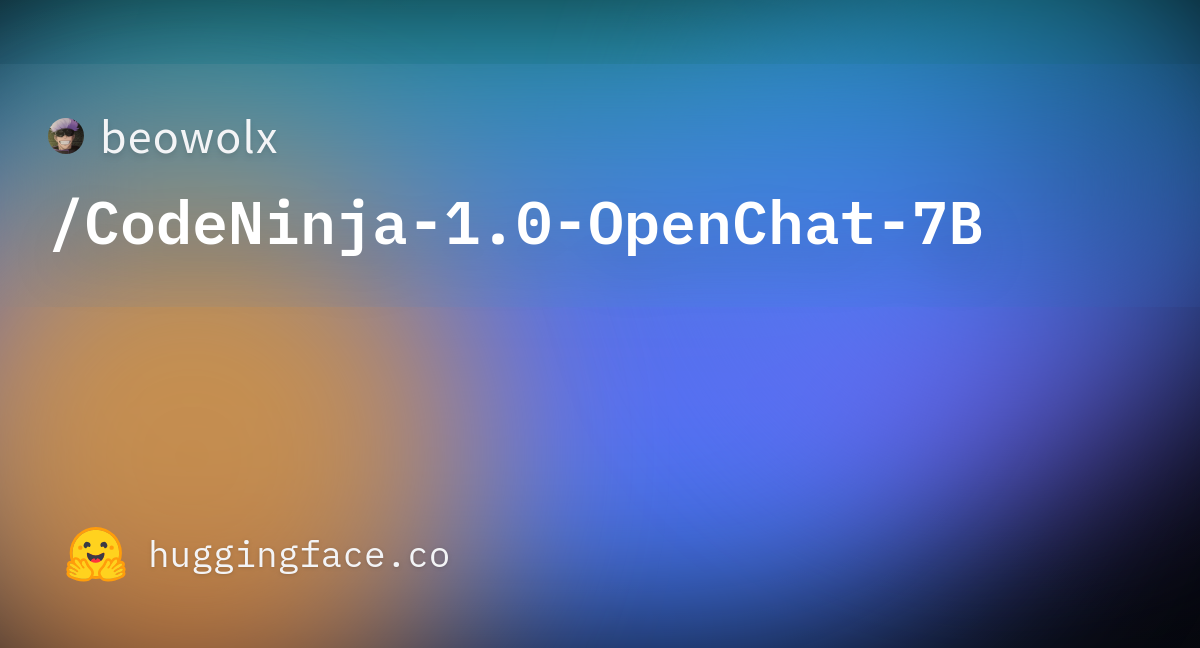Apple quietly released an open source multimodal LLM in October
Apple is belatedly being celebrated on social media for releasing Ferret, an open source multimodal LLM, in October 2023.
Apple quietly released an open source multimodal LLM in October
Sharon Goldman @sharongoldmanDecember 23, 2023 6:44 AM

Image created by DALL-E 3 for VentureBeat
Are you ready to bring more awareness to your brand? Consider becoming a sponsor for The AI Impact Tour. Learn more about the opportunities here.
With little fanfare, researchers from Apple and Columbia University released an open source multimodal LLM, called Ferret, in October 2023. At the time, the release — which included the code and weights, but for research use only, not a commercial license — did not receive much attention. But now that may be changing: With open source models from Mistral making recent headlines and Google’s Gemini model is coming to the Pixel Pro and eventually to Android, there has been increased chatter about the potential for local LLMs to power small devices.
That chatter increased recently because Apple announced it had made a key breakthrough in deploying LLMs on iPhones: The company released two new research papers introducing new techniques for 3D avatars and efficient language model inference. The advancements were hailed as potentially enabling more immersive visual experiences and allowing complex AI systems to run on consumer devices such as the iPhone and iPad.
Many in the AI community who belatedly noticed the Ferret release celebrated Apple’s unexpected entry into the open source LLM landscape, especially since Apple has traditionally been known as a “walled garden.”
This morning, Bart de Witte, who runs a European non-profit focused on open source AI in medicine, posted on X: “I somehow missed this,” he wrote. “Apple joined the open source AI community in October. Ferret’s introduction is a testament to Apple’s commitment to impactful AI research, solidifying its place as a leader in the multimodal AI space…ps: I’m looking forward to the day when Local Large Language Models (LLLMs) run on my iPhone as an integrated service of a re-designed iOS.”
 Malcolm Owen
Malcolm Owen




/cdn.vox-cdn.com/uploads/chorus_asset/file/24492430/STK459_Music_Headphones.jpg)
:format(webp)/cdn.vox-cdn.com/uploads/chorus_asset/file/24492430/STK459_Music_Headphones.jpg)
:format(webp)/cdn.vox-cdn.com/uploads/chorus_asset/file/25174725/Screen_Shot_2023_12_19_at_11.45.26_AM.png)
 on the content
on the content 
